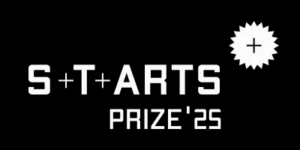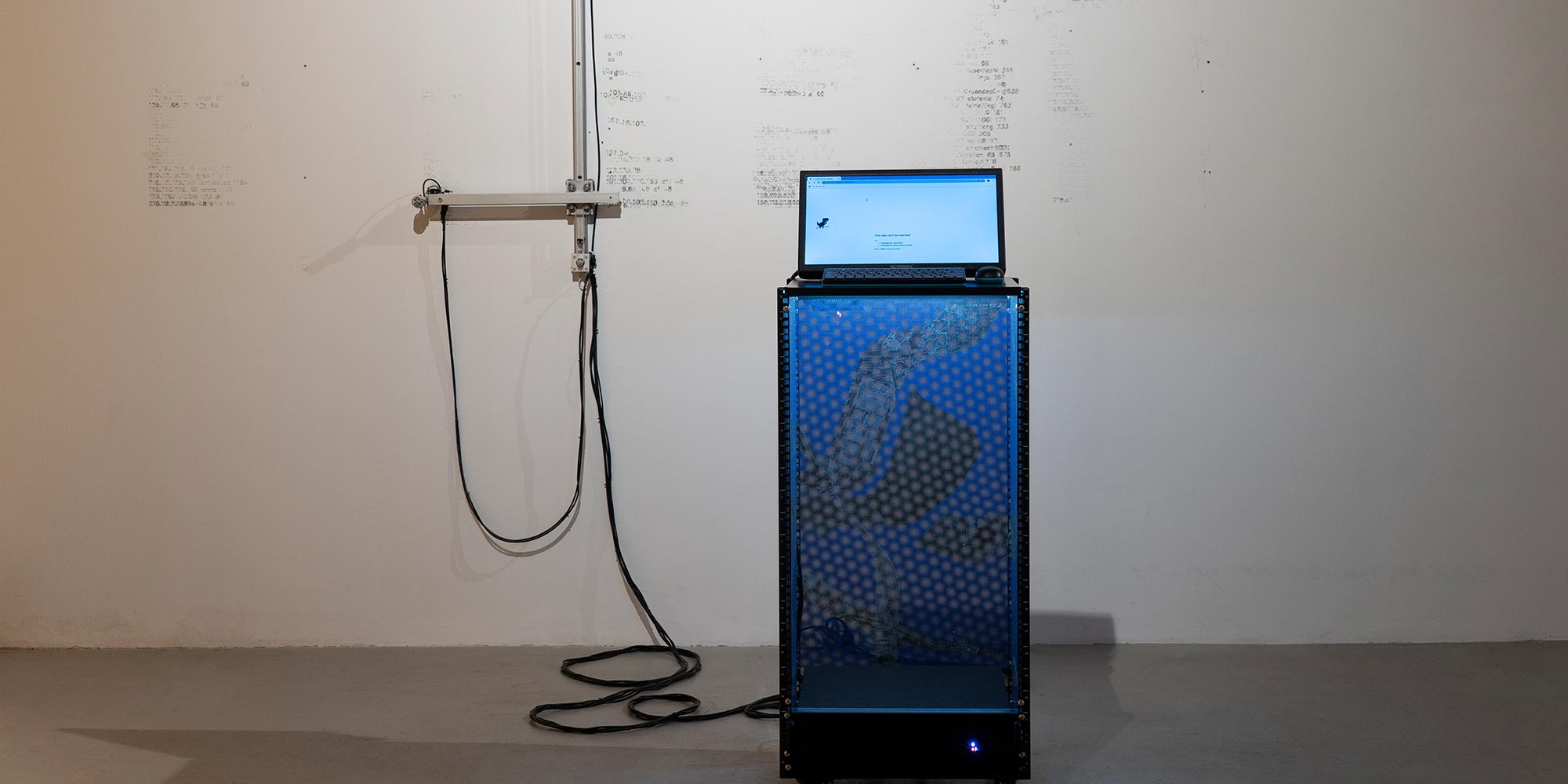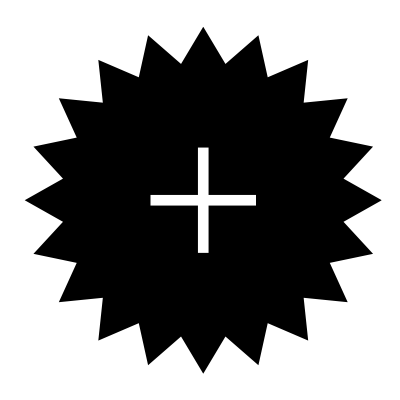Nomination
The Net Wanderer is a research project that explores the connection between the critical network gateways in China and the infrastructure running these gateways. Guo Cheng uses computer network diagnostic tools that track the IP addresses of these nodes as well as specific geographic locations. The project investigates how borders have been constructed to protect cyber-sovereignty, and how it can be observed.
The utopian idea of the Internet was that of a universal space for all, unbound by borders. In reality, networks are intertwined with real-world territoriality, as Guo Cheng shows by taking on the role of a tourist visiting the elusive sites hosting the network infrastructures of the Great Firewall of China (GFW). The installation lets users become virtual firewall tourists, entering websites of choice that, if blocked by the GFW, take them to a game that allows them to submit their usernames. A custom-made wall-mounted machine then engraves the names and scores along with the IP address of a GFW node, while footage on the screen shows Guo Cheng using geolocation data to track the physical location of the firewall’s network gateway.
Credits
The work was originally commissioned within the Digital Earth fellowship program.
Guo Cheng (CN) is an artist currently based in Shanghai. He graduated from MA Design Products at Royal College of Art (London, UK) and obtained his BE in Industrial Design at Tongji University (Shanghai, China). His practice mainly focuses on exploring the interrelation between mainstream/emerging technologies and individuals under the context of culture and social life. His recent solo show includes Down to Earth (Canton Gallery, Guanshou, 2019), group exhibitions include The Eternal Network (exhibition of Transmediale 2020)(HKW, Berlin, Germany), Machines Are Not Alone: A Machinic Trilogy (Chronus Art Center, Shanghai, 2018), and The Ecstasy of Time (HE Xiangning Art Museum, Shenzhen,2017). He received the Digital Earth Fellowship (2018), Special Jury Prize of Huayu Youth Award (Sanya, 2018), and he was the winner of the BAD Award (The Hague, 2017).



